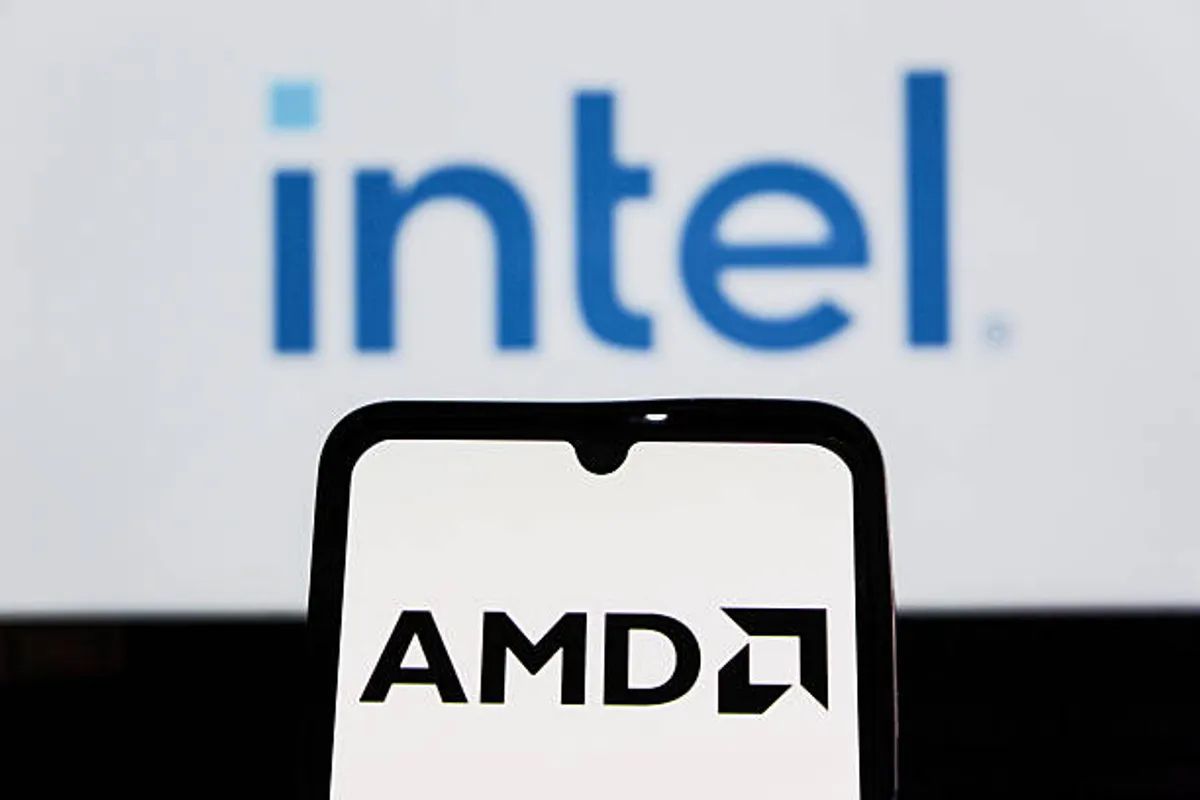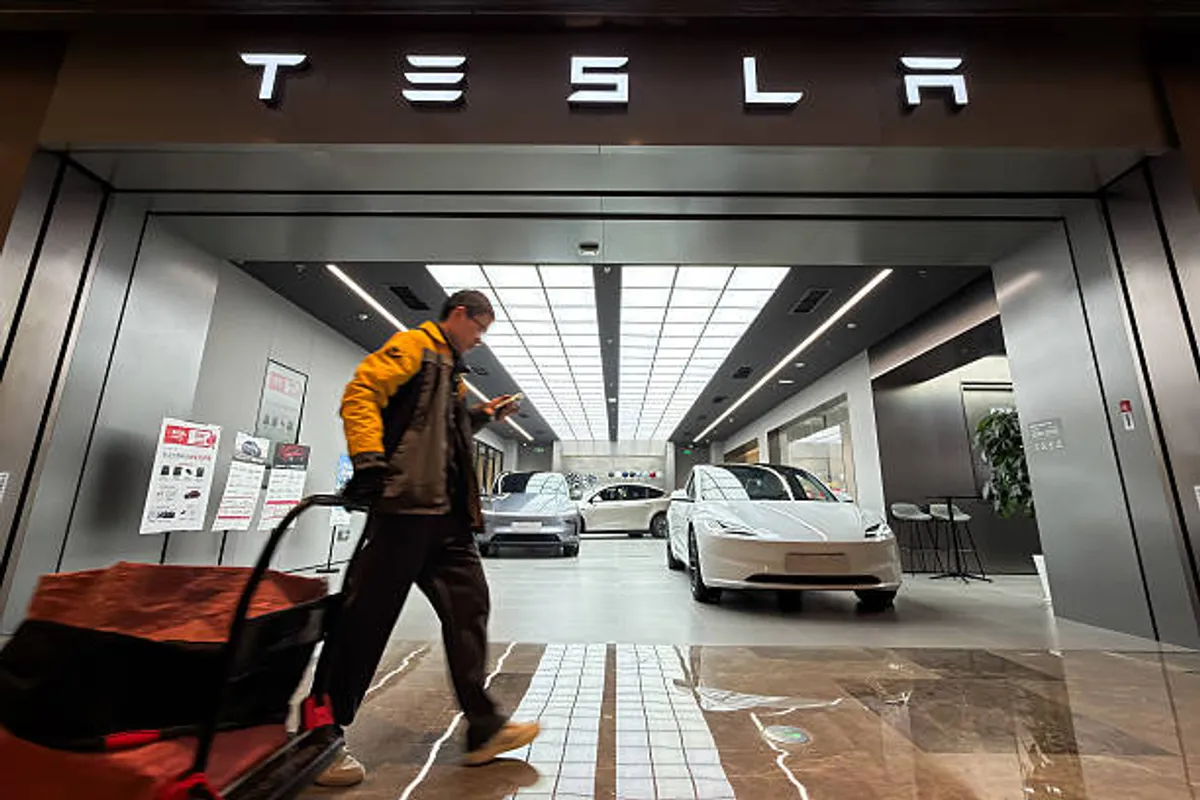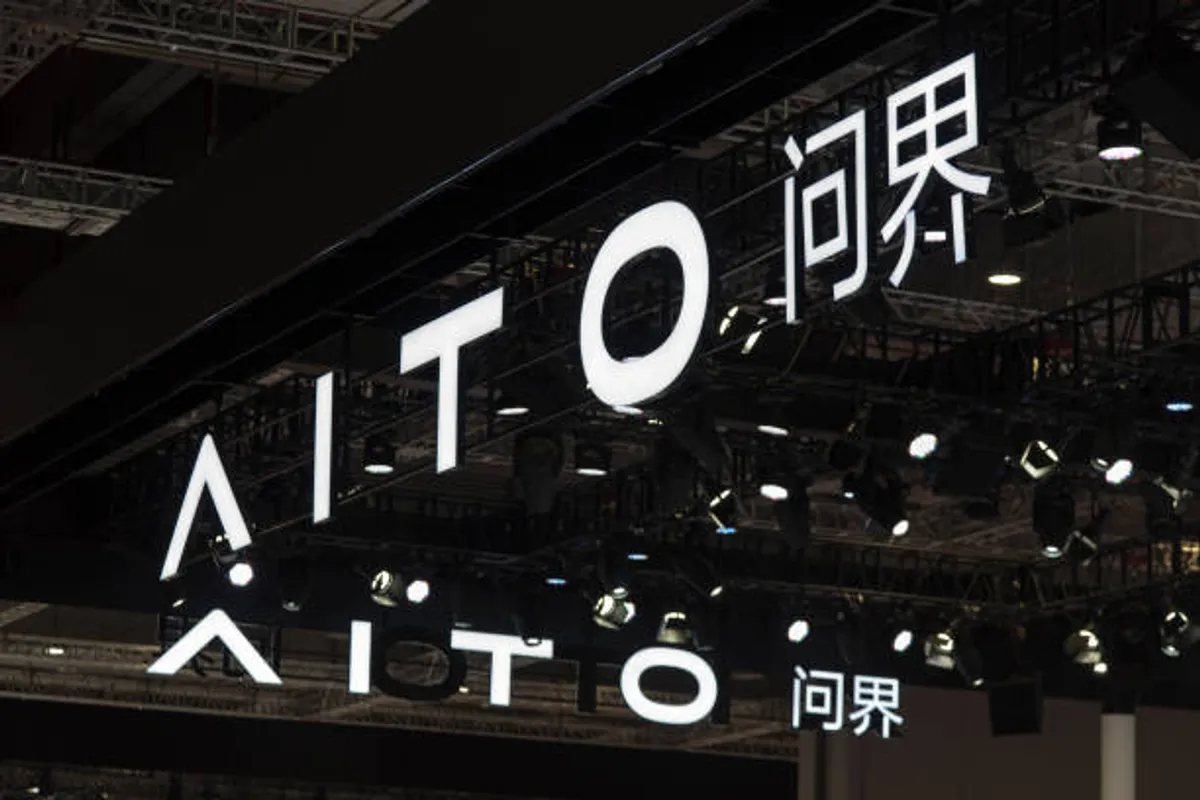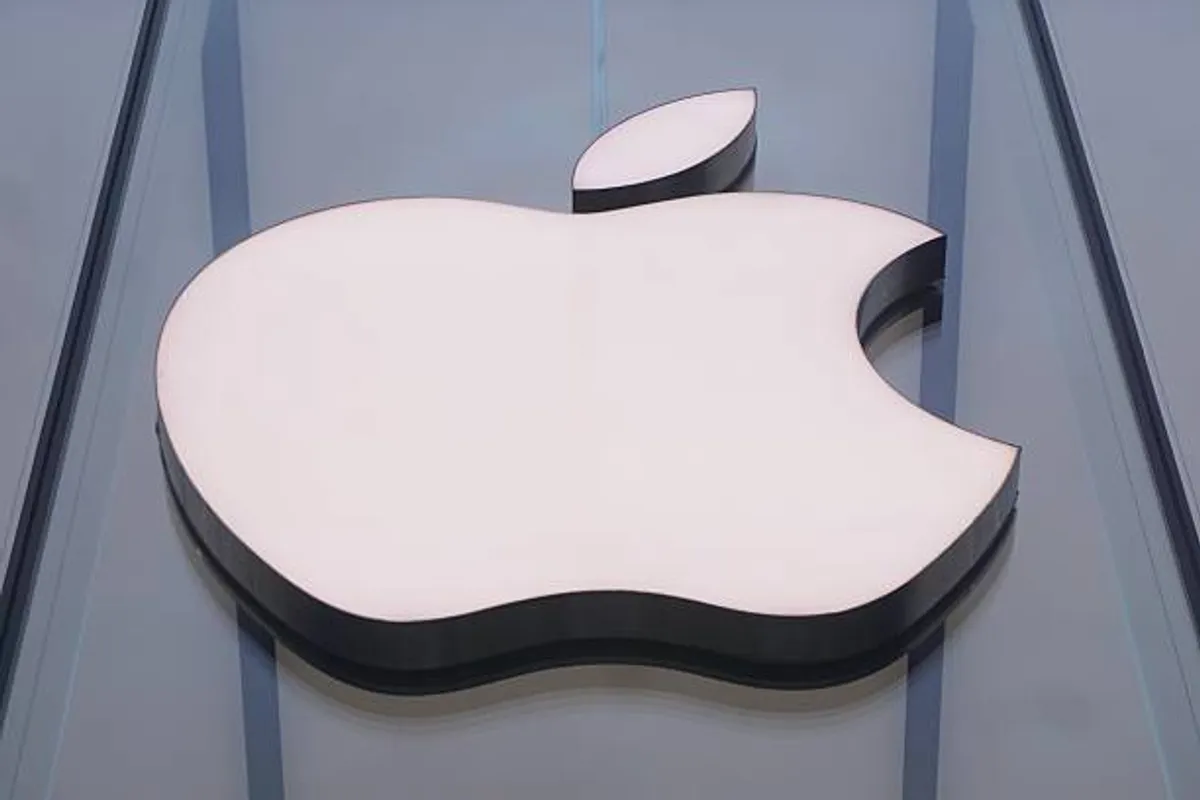Trump Says Nvidia’s Blackwell AI Chip ‘Not for Other People’ as U.S.–China Tech Tensions Deepen

GeokHub
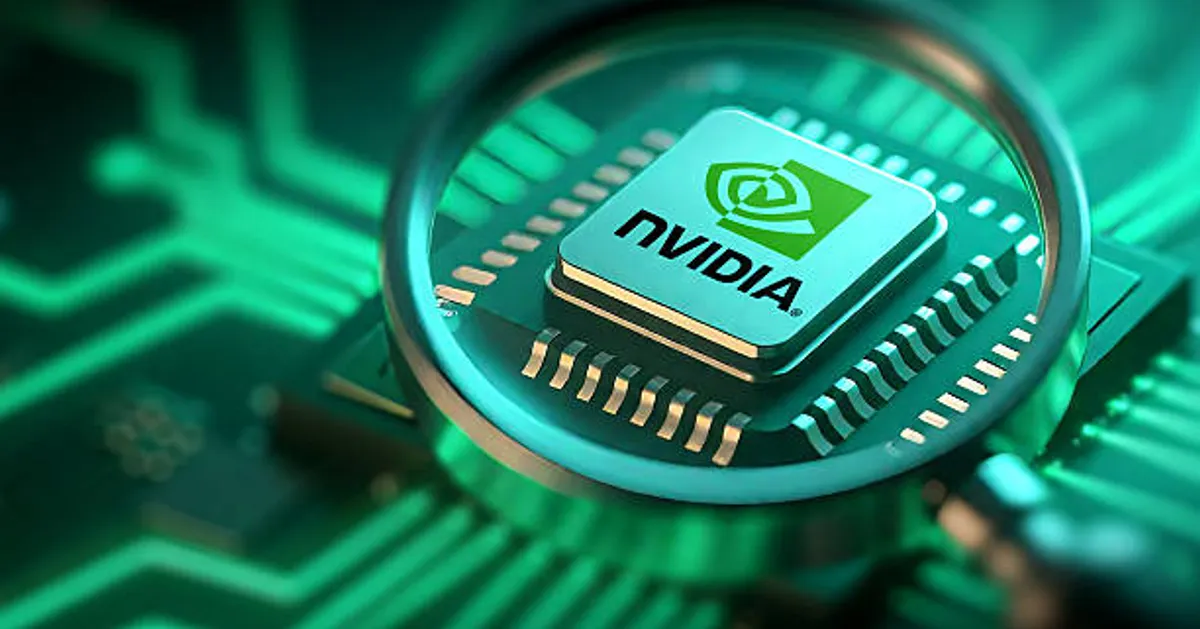
President Donald Trump has reaffirmed his administration’s firm stance on protecting U.S. technological superiority, declaring that Nvidia’s most advanced artificial intelligence chips — known as Blackwell — will not be exported to China or any other foreign countries.
Speaking to reporters on Sunday, Trump said, “We’re keeping the Blackwell chip in America. We don’t give that chip to other people.”
His remarks signal a continued hardline policy on semiconductor exports, underscoring Washington’s determination to maintain its lead in artificial intelligence and high-performance computing as global competition with China intensifies.
The Blackwell series, developed by Nvidia, represents the latest generation of high-performance chips powering AI data centers and advanced computing systems. These processors are essential to training large language models, operating autonomous systems, and managing next-generation cloud services.
By halting exports of such hardware, the Trump administration aims to secure a critical advantage in the AI arms race and prevent foreign powers — particularly China — from leveraging U.S. innovation to advance their own military or industrial AI capabilities.
The move follows a series of export restrictions already imposed on advanced semiconductors and manufacturing equipment in recent months, as Washington pushes to limit Beijing’s access to frontier technologies.
While Nvidia remains a global leader in AI chip design, restrictions on international sales — especially to China, one of its largest markets — could reshape its long-term revenue strategy. However, analysts note that domestic demand for AI infrastructure in the U.S. remains strong, driven by cloud providers, research institutions, and government initiatives.
Economists suggest the policy could accelerate a broader trend of AI decoupling, prompting China and other nations to invest heavily in developing their own semiconductor ecosystems to reduce dependency on U.S. technology.

